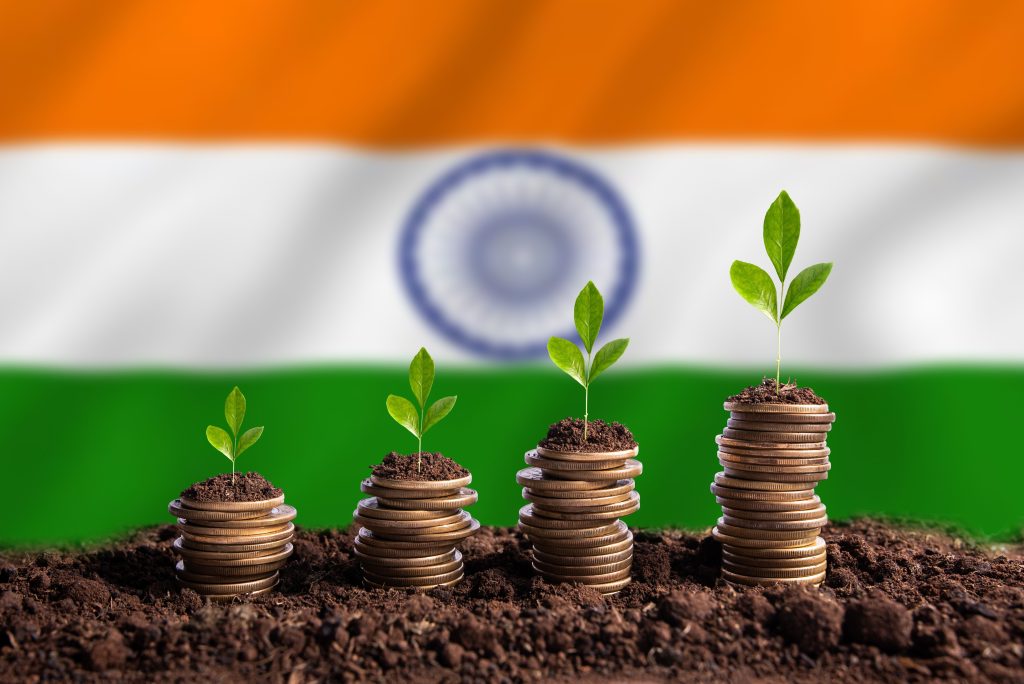NITI Aayog’s framework represents a notable advancement in net-zero scenario modelling, moving beyond technology pathways to incorporate financing choices, subsidies, equity, and broader co-benefits. Going beyond the carbon tax revenue recycling, it brings together an ambitious architecture that links growth projections, energy systems, and financial flows. By integrating tools such as Long-Term Growth Model (LTGM), energy system models, Computable General Equilibrium (CGE) analysis, and an asset-flow framework, it attempts to connect investment needs with both macroeconomic outcomes and the structure of financing.
In addition to the standard macroeconomic impact channels, the framework incorporates multiple financing pathways through scenario design. Complementing this, one of the 11 reports focuses specifically on climate finance, examining how required investments can be mobilised from domestic and international sources by linking energy system projections and associated costs to an independent asset-flow model.
A baseline GDP projection is first developed using the LTGM, a supply-side growth model that links GDP growth to Total Factor Productivity (TFP), the human capital index, labour force participation, the incremental capital-output ratio (ICOR), and investment rates. This baseline is aligned with India’s goal of becoming a USD 30 trillion economy by 2047. These projections then feed into the energy system model, which estimates scenario-specific energy mixes and investment needs. The resulting investment requirements for the net-zero transition are used within a CGE framework to simulate macroeconomic impacts relative to the baseline.
Investment needs derived from the TIMES model are also passed to an asset-flow model, which maps them onto India’s financial system. This model projects domestic financial savings and the evolution of financial instruments (loans, equity, and bonds) based on historical trends and assumptions of financial deepening, particularly the financialisation of household savings (a shift from physical to financial assets). It then evaluates the extent to which these needs can be met through domestic intermediation and the remaining gap to be financed through foreign capital.

The report’s key contribution lies in examining the macroeconomic impacts of India’s Net Zero (NZ) trajectory, not only in terms of technology choices and investment requirements but also financing pathways, specifically, whether the transition is funded by domestic savings or foreign capital inflows. Additional sub-scenarios also consider potential productivity gains arising from these investments. Across scenarios, the results suggest that GDP growth remains broadly aligned with Viksit Bharat targets, driven largely by higher investments.
The financial framework marks an important step forward in India’s climate policy discourse. Unlike most studies that stop at estimating investment needs, it maps these requirements onto the structure of the Indian financial system, shifting the focus from ‘how much is needed’ to ‘how it can be financed’ in practice.
When the transition is financed entirely through domestic savings, household consumption (especially among lower-income groups) declines in the NZ scenario relative to the Current Policy Scenario (CPS). The report shows that GDP growth is driven primarily by higher investment, while consumption falls due to rising interest rates (which increase savings) and reduced disposable income from higher energy prices and investment crowding-out. This raises concerns about whether achieving Viksit Bharat under such a pathway would deliver meaningful poverty reduction. Even with foreign funding (which reduces the competition for domestic savings, enabling households to increase their consumption) and redistributive policies, household consumption largely remains at current levels unless exogenous productivity gains are assumed—so, are 2030 SDGs really achieved under a net-zero pathway?
Foreign capital inflows ease domestic savings constraints and support consumption. Yet they also introduce structural complexities. Exchange rate effects and cost pressures can slow the shift away from fossil-based production, resulting in higher fossil-based manufacturing, relative to the CPS. Accelerating clean technology deployment may require stronger mandates and larger subsidies, but the broader macroeconomic costs of such interventions are not fully quantified within the framework.
While the framework captures first-order trade-offs across financing pathways, several macrofinancial feedbacks remain outside the core structure.
The financial and monetary implications of foreign funding are underrepresented. Exchange rate appreciation can dampen exports and complicate a manufacturing-led Viksit Bharat trajectory, while slower income growth feeds back into household savings and consumption, affecting assumptions in the asset-flow model. In practice, managing capital inflows and exchange rate volatility involves active monetary policy, such as open market operations, that influence bond yields, interest rates, and credit availability. Similarly, large-scale domestic savings mobilisation or rapid green credit expansion affects banking sector balance sheets, credit allocation, fiscal sustainability, and asset prices.

CGE frameworks by design typically assume frictionless capital markets and equilibrium adjustments. As a result, balance sheet effects, financial instability risks, and policy management costs are not endogenously modelled. The macroeconomic and distributional costs and implications of scaling climate finance, whether domestic or foreign, may therefore be understated.
Taken together, these results point to a deeper limitation: while the framework captures important trade-offs across financing pathways, it does not fully internalise the macro-financial feedbacks that shape them in practice.
NITI Aayog’s macroeconomic and financing reports nonetheless represent an ambitious effort to chart India’s Net Zero pathway alongside the goal of Viksit Bharat. They move India’s climate discourse beyond technology-centred modelling to systemic engagement with finance and growth. Important financial reforms are highlighted, from deepening capital markets and mobilising domestic savings to leveraging foreign capital and strengthening green institutions. Yet these measures remain scenario assumptions or qualitative recommendations rather than being embedded within the core modelling framework. Consequently, key macro-financial feedbacks are not fully captured. Explicitly modelling these dynamics through approaches such as stock-flow consistent and system dynamics modelling would strengthen the transition narrative and enable policymakers to anticipate instabilities, quantify them, and design safeguards, allowing India to pursue Viksit Bharat and Net Zero with greater resilience and foresight.
More About Publication |
|
|---|---|
| Date | 2 March 2026 |
| Contributor | |
| Related Areas | |
Get in touch with us at
cpe@cstep.in